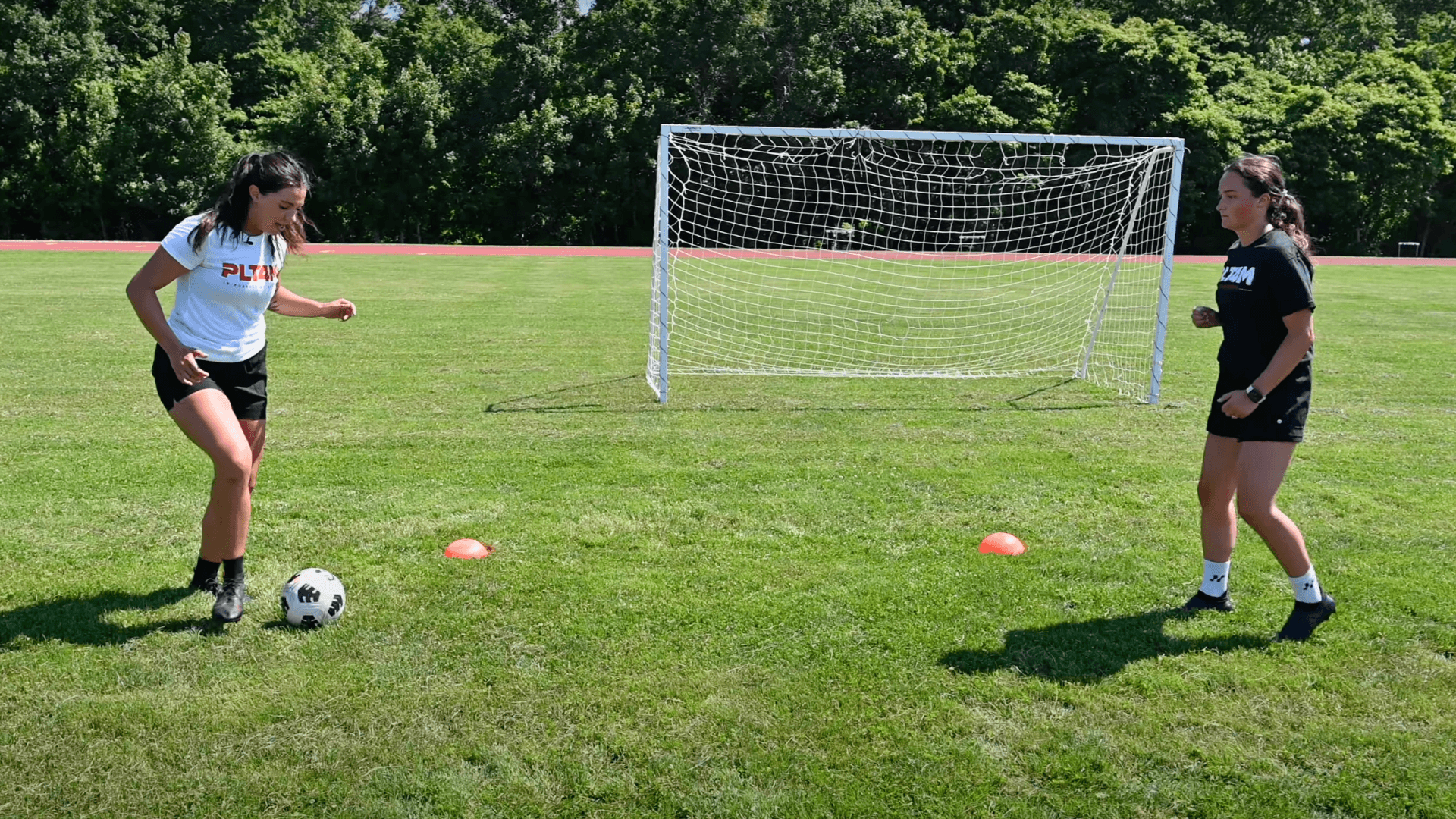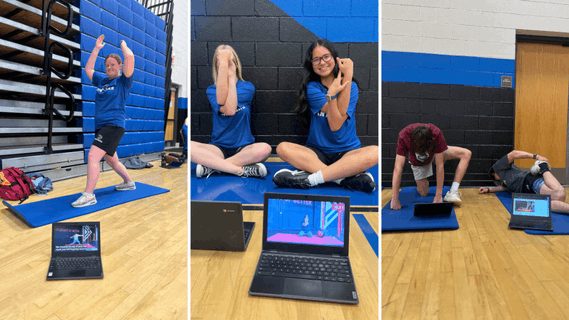[vc_row][vc_column width=”1/4″][vc_single_image image=”8980″ img_size=”medium”][/vc_column][vc_column width=”3/4″][vc_row_inner][vc_column_inner][vc_column_text]
About The Author: Alan Stein Jr.
- Keynote Speaker & Author Of Raise Your Game
- Follow Alan on Social Media @AlanSteinJr
- Check Out Alan’s Full Bio & Ways You Can Get A Copy Of Raise Your Game
I am eternally thankful to have learned from (and continue to learn from) so many great coaches. I am honored to be a part of the coaching family.
Being a great coach takes the commitment to ‘work on your craft’ every day.
Below is a list of the 61 traits that great coaches model every day… on and off the court.
- Great coaches promote shared ownership and internal leadership. They create a ‘team’ attitude.
- Great coaches have their players keep a notebook with plays, motivational quotes, and facts about the program’s history.
- Great coaches are teachers at their most fundamental level. They teach their sport; they teach life lessons.
- Great coaches love the game; respect the game.
- Great coaches work on their craft every day. They work on the X’s & O’s, strategy as well as on leadership.
- Great coaches establish roles on the team. They clearly define these roles to everyone in the program.
- Great coaches objectively analyze a player’s strengths & weaknesses and find ways to utilize their strengths and minimize their weaknesses.
- Great coaches have high character. They know they are in the business of leading by example and developing young men & women for life.
- Great coaches praise the behavior they want to see repeated and discipline the behavior the want to see eliminated.
- Great coaches don’t have ‘favorites.’ They care about all of their players and are objective when deciding roles and playing time.
- Great coaches treat every player fairly, but not equally. They know some players ‘need’ more than others.
- Great coaches get everyone on the team to accept their role and fulfill it to the best of their ability.
- Great coaches are always prepared. They study film, scouting reports, and design practice plans accordingly.
- Great coaches listen to their assistant coaches and to their players. They don’t feel threatened and they welcome suggestions.
- Great coaches don’t over coach. They don’t talk to hear themselves talk; they talk to make a point, to teach, and to motivate.
- Great coaches coach in ‘bullet points’ during practice – they keep the action flowing! They keep instructions short and sweet.
- Great coaches coach players; not plays. They want players that know how to play the game, not just how to run a play.
- Great coaches know that sports aren’t just about offense and defense. It’s also about effort and execution.
- Great coaches pay attention to detail. They know that everything regarding their program is important. Everything makes a difference.
- Great coaches make sure everything done in practice has a purpose. Every drill has value.
- Great coaches delegate to their assistant coaches and let them share the responsibility (and joy) of running a team.
- Great coaches compliment their players and assistants often and with sincerity (but only when deserved; not to ‘blow smoke’).
- Great coaches are the hardest workers in their program. They set the tone. They don’t let any player/coach outwork them.
- Great coaches are a spark of energy and enthusiasm. They raise the level of everyone in their program, every day.
- Great coaches are mentally tough. They don’t get flustered. They know their mental toughness trickles down to the entire program.
- Great coaches challenge their players and assistants… every day! They don’t allow complacency.
- Great coaches are the face of their program. They welcome this and represent with pride and class.
- Great coaches have a clear, precise vision of what they want their team to become and accomplish.
- Great coaches learn what motivates each player on the team. They find ways to light each player’s internal fire.
- Great coaches give trust and respect… and by doing so they earn trust and respect from everyone in their program.
- Great coaches are 100%, absolutely, positively committed to their team in every way possible.
- Great coaches create standards of excellence and hold their players and staff accountable.
- Great coaches know that you can’t win every game… but you can prepare (and try) to win every game.
- Great coaches set realistic, attainable goals and get everyone in the program to buy in and achieve them.
- Great coaches admit when they are wrong or make a mistake. They are humble.
- Great coaches love to coach and have fun coaching… it is who they are!
- Great coaches are confident without being arrogant. They believe in their team and in their preparation; but never assume they will win.
- Great coaches don’t worry so much about what their opponent is going to do; but instead focuses more on what their team is going to do.
- Great coaches know ‘it ain’t about me; it’s about them’ (referring to their players).
- Great coaches don’t coach for money or fame. They may achieve money and fame; but that is not why they coach.
- Great coaches constantly make adjustments. They go into every practice and game with a plan and then adjust accordingly.
- Great coaches criticize the behavior or the play; not the person. It’s never personal.
- Great coaches will help a player they coached decades ago. Every former player is a part of their team.
- Great coaches lead by example and are excellent role models in every since of the word; on and off the court.
- Great coaches coach the players on their team they way they would want someone to coach their own son or daughter.
- Great coaches teach the fundamentals of the game… even at the highest of levels.
- Great coaches are active during practice and games. They don’t stand in one spot with their arms folded. They are fully engaged!
- Great coaches are authentic to who they are and to their own personality. They don’t try to coach like someone else.
- Great coaches are lifelong learners and true students of the game. They read, watch, and listen to anything that will help them get better.
- Great coaches coach what they know and what works for their program. They seek to learn what they don’t know.
- Great coaches know ‘it ain’t what I say that matters… it’s what they hear ’ (referring to their players).
- Great coaches listen for things they don’t want to hear and look for things they don’t want to see.
- Great coaches coach their current team to the best of their ability. They aren’t ever looking ahead to next year.
- Great coaches don’t allow themselves, their staff, or their players to get satisfied… no matter how successful they are.
- Great coaches call each player by name within the first 15 minutes of every practice.
- Great coaches know they get what they emphasize. They make sure they emphasize the right things!
- Great coaches impact and influence lives far behind the game of they coach. Sports just happen to be their vehicle.
- Great coaches promote communication, toughness, and competitiveness in addition to fundamentals, X’s & O’s, and game strategy.
- Great coaches get the absolute maximum out of every player on their team and every assistant on their staff.
- Great coaches are innovators. They don’t just do things because ‘that’s how they’ve always been done.’ They create!
- Great coaches use sport to create lifelong memories; on and off the court.









